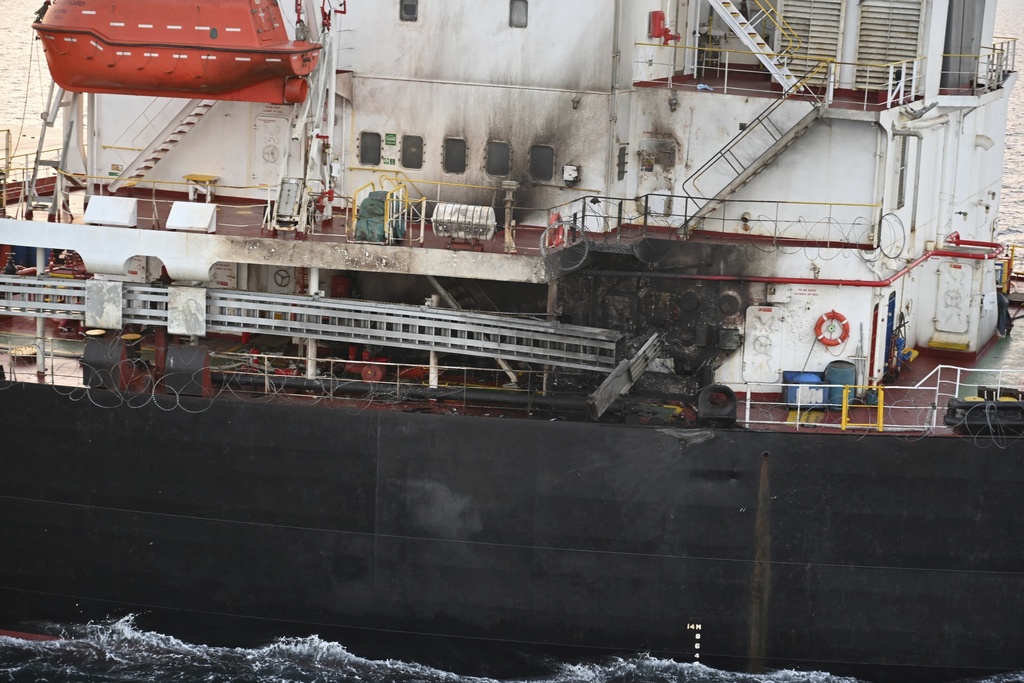The European Union plans to launch a naval mission in the Red Sea within three weeks to help defend cargo ships against attacks by Houthi rebels in Yemen that are hampering trade and driving up prices, the bloc’s top diplomat said Wednesday.
EU foreign policy chief Josep Borrell said he wants the mission to be up and running by Feb. 17. Officials say that seven EU countries are ready to provide ships or planes. Belgium has already committed to send a frigate. Germany is expected to do the same.
Last week, U.S. and British forces bombed multiple targets in eight locations used by the Iranian-backed Houthis. It was the second time the two allies have conducted coordinated retaliatory strikes on the rebels’ missile-launching capabilities.
The Houthis have waged a persistent campaign of drone and missile attacks on commercial ships since the start of the Israel-Hamas war in October, but Borrell insisted that the EU mission will not take part in any military strikes.
“This is the purpose: protection of the ships. Intercepting of the attacks against the ships. Not participating in any kinds of actions against the Houthis. Only blocking the attacks of the Houthis,” Borrell told reporters before chairing a meeting of EU defense ministers in Brussels.
The ministers were expected to decide later Wednesday which member country should lead the naval effort — France, Greece and Italy are vying for that role — and where the mission’s headquarters should be based.
Borrell said that businesses have been demanding EU action, given the trade implications of forcing merchant ships to bypass the Red Sea on their way to and from Europe.
“Many European firms asked us to do that because their business model is suffering a lot due to the high increase in cost and having to go down to South Africa,” he said, referring to the alternative route that commercial ships are taking. “It’s affecting prices, it’s affecting inflation. So, it’s a natural endeavor for us to try to avoid this risk.”
(AP)











